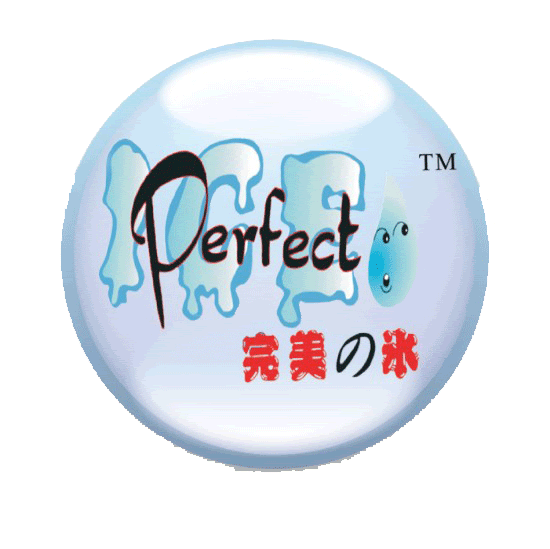
1.We understand that you majored in Journalism as a student, we would like to know how related is your academic background to your job title today which is the Programme Supervisor for Public Relations in TAR College, KL?
A:I started out being in love with Journalism and the news; I signed up as one of TAR College’s first batch of Journalism students way back in 1994. It was in the United States, when I was pursuing my Degree that I first got interested in Public Relations.
PR and Journalism are, many times, two sides of the same coin; I believe they suit my nature of needing to know and wanting to showcase.
2. How many years have you been attached to the Public Relations programme of TAR College, and what is the best experience, biggest achievements, and basically, proudest moments you have ever had, educating PR students?
A:I joined TAR College in 1998 after completing my US Degree through a college scholarship, and then became Programme Supervisor for Public Relations in 2000. There have been many memorable experience and moments these 11 years.
I believe when my compatriots and I succeed in outlining courses that increase and enhance our students’ experiential skills, and when we hear our PR alumni making it into the management level in the industry, we feel the proudest as educators.
3. What are the specific criteria and qualities that a PR student must have, what does it take to be a real good PR practitioner? It sure is not about how much you like to talk, right?
A:Well, talk is cheap, as they say. In the years I’ve taught and guided, I’ve found that graduates who’ve made something of themselves in the industry were the ones who read beyond text-books, the ones who loved the challenges of hands-on assignments, like organizing PR campaigns or excelling in practical coursework, and of course those who treated their internship tenure as real work, rather than having a mere trainee mentality.
4. How far do you agree with the saying “Jack of all trades, master of none” to describe a PR practitioner’s job scope? What are the actual main job scopes? Are they capable of doing everything?
A: From what I’ve seen of our graduates, most had started their jobs as what you’ve termed “Jack of all trades” – they’d gotten their hands dirty doing all sorts of technical work. Those who’ve succeeded climbed up the ladder by mastering the essentials of their current position’s or organization’s needs.
My colleagues and I have always made sure that our students are aware of the reality of the job market – everyone starts from scratch, before they can taste success.
5. Please advise on the do’s and don’ts in the real working world, especially to your future Public Relations practitioners.
A: My advice: Love your job, because you chose it. Two, you work for your boss, so help your management achieve more, in good corporate image and financially, of course. Thirdly, have a conscience – know that your management, your colleagues and your publics are humans, just like you. And lastly, never cause the public undue harm.
6.Public Relations is considered a respected profession in the UK and in the US, but we seem to have some issues here in Malaysia. What do you think are the misperceptions of PR in Malaysia?
A:This misinterpretation about PR exists everywhere; not just in Malaysia. What are we called often – spin doctors, propagandists, apologists? I believe that PR practitioners must start excelling in both PR and organizational expertise, before they are able to gain trust to counsel and convince their management to, as they say, do good to the public, in the process of making the business or organization a success.
We try to open up the minds of our students, getting them to grasp knowledge and skills that goes beyond PR, because PR doesn’t exist in a vacuum; it exists in a market and an economy. Only when students know about the world they work in, can they make wise choices about the work they do, which affects their management, client, and also the public.
7.What is the contribution of Public Relations in businesses of various industries, to the society today?
A: I often say: PR is everywhere – it can mean Public Relations as a job in a variety of industries; it can also mean Personal Relations because we are humans who communicate with others, and many times, we find ourselves trying to convince each other of our opinions.
I humbly conclude this, as I have much more to learn. For me, to contribute to business success, PR practitioners must improve themselves beyond just PR, media and mass communication. To contribute to society, we must first realize that a dissatisfied public can really do our business and organization harm.
Constantly observe your Personal Relations habits; by doing this, you’ll make daily decisions in Public Relations and other work that are personal choices with consequences that you should accept.







No comments:
Post a Comment